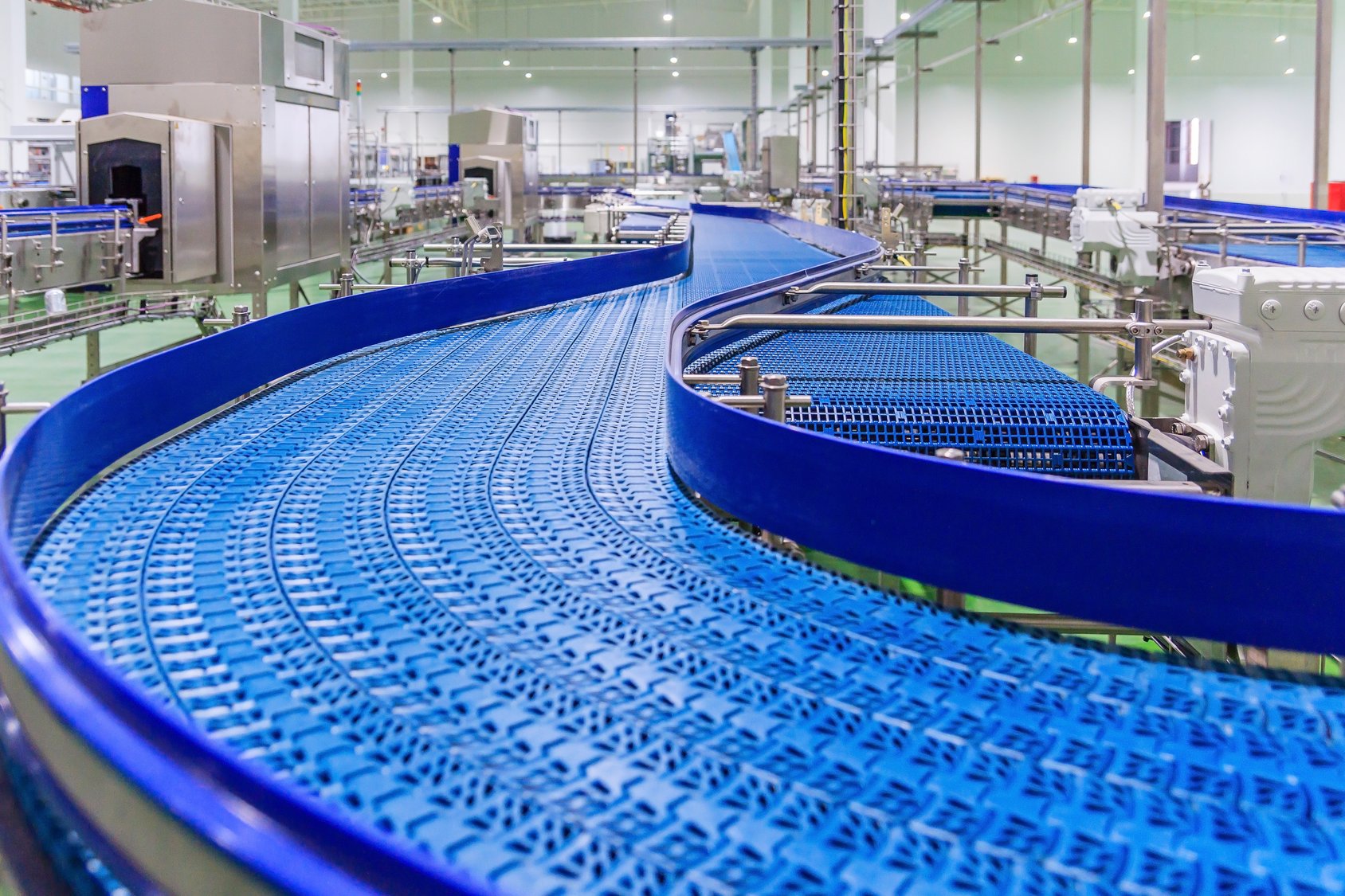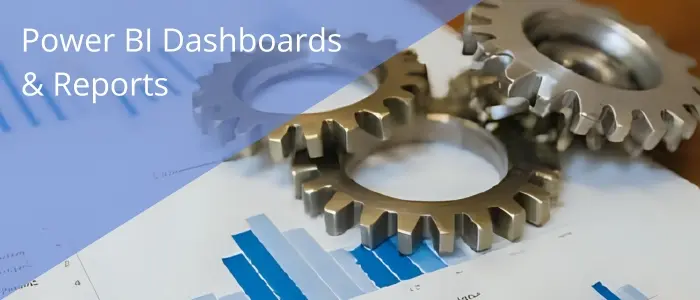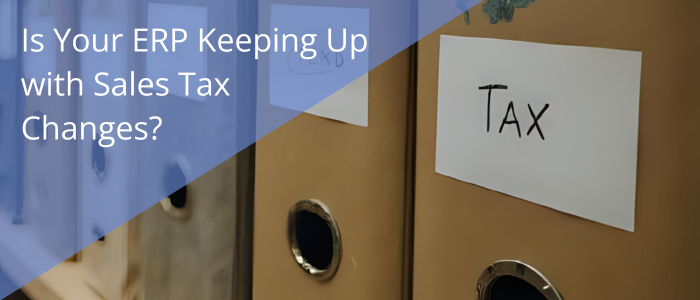Power BI is an incredibly powerful tool, but only if it’s implemented properly. That means more than just connecting it to your ERP system and publishing a few dashboards. For manufacturers, the difference between "just reporting" and true business intelligence comes down to process, ownership, and purpose.
How to Properly Implement Power BI
By Bryan Foshee on 12/8/25 10:14 AM
Power BI Dashboards & Reports: 10 Real Examples for Manufacturers
By Bryan Foshee on 12/5/25 8:49 AM
Manufacturers don’t need more data, they need answers. That’s why Power BI dashboards, when properly designed and integrated with ERP data, are a game-changer.
Is Your ERP Keeping Up with Sales Tax Changes?
By Bryan Foshee on 6/17/25 9:01 AM
Manufacturing companies implement ERP systems to centralize operations, streamline processes, and reduce reliance on spreadsheets. These systems do a great job managing core functions like production, inventory, and financials. But as you go further away from the actual production of the product, the story is different. Sales tax is a good example.
How SMB Manufacturers Can Simplify Multi-State Tax
By Bryan Foshee on 6/16/25 1:38 PM
For small- and medium-sized manufacturers, growth brings complexity. A common and often overlooked example is sales tax. The moment a business starts selling into other states, it opens the door to a patchwork of tax rules, filing requirements, and exemption management challenges. Sales tax compliance doesn’t seem strategic until something goes wrong. Then it becomes a distraction for the team, pulling attention away from more valuable work.
ERP Data Migration Plan: Checklist & Best Practices
By Bryan Foshee on 5/19/25 9:00 AM
The Visual South Professional Services team has been guiding and assisting Infor ERP implementations since 1994. One critical part of the implementation process is managing and converting data from your current system(s) to your new ERP application. Those activities happen throughout the ERP implementation project, not just at the beginning.
ERP Database Design: A Guide for Non-Technical Managers
By Bryan Foshee on 9/15/23 10:00 AM
What is an ERP database?
All ERP solutions have a database, which is where all the information is stored. This is important information, like customers, vendors, parts, costs, balances, and so on.
How To Run an ERP Conversion and Data Migration
By Bryan Foshee on 8/17/23 10:00 AM
What is a data migration and why is it important?
ERP data migration is a big step in the implementation process that is critical to get right. The ERP system will not function at optimal levels otherwise. Smaller start-up companies typically have less data to convert than larger businesses that have been around for decades, but data migration takes place in all implementations. So, what is it? In simple terms, it is getting the information out of the old system and putting it in the new system.
What's In Your Weekly Manufacturing Production Report?
By Jack Shannon on 5/31/23 12:45 AM
Production reporting is about the data
I’m a big believer in measuring what you want to improve. Measuring gives you data and you’ll see trends (good or bad) emerge. Figure out what is causing the good trends and keep doing that. Maybe you can even find ways to make the good trends better. Figure out what is causing the bad trends and find ways to stop doing that; or at least, minimize it.
Top Manufacturing KPIs to Measure and Track
By Bryan Foshee on 2/1/23 10:18 AM
What is a KPI?
A KPI (key performance indicator) is a measurement of value that can be quantitative or qualitative in nature. Manufacturing companies typically use and track KPIs to determine how a particular area of operations is performing. KPIs are ideally presented in dashboard format, giving decision makers the ability to quickly answer the questions like, “How are we are doing?” and “What is causing performance issues?” Think of KPIs as a company or department’s scoreboard for how the team is playing the game.
6 Shop Floor Management Techniques Learned From 30 Years of Experience
By Jack Shannon on 11/16/22 1:36 PM
It ain’t easy on the shop floor
Managing a shop floor is no easy task. Your employees make mistakes, equipment breaks, rush orders slip in, jobs ship late, and days are long. On top of that, there is the constant demand to reduce costs and increase quality. It’s a real pressure cooker.














